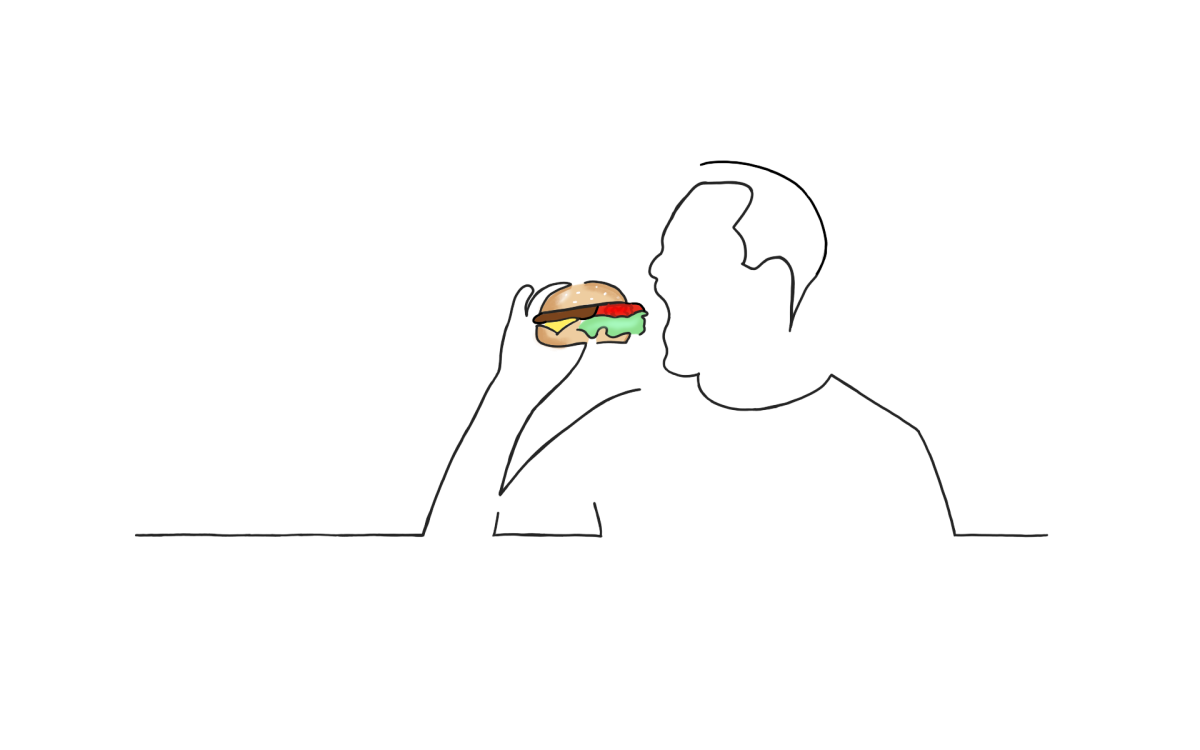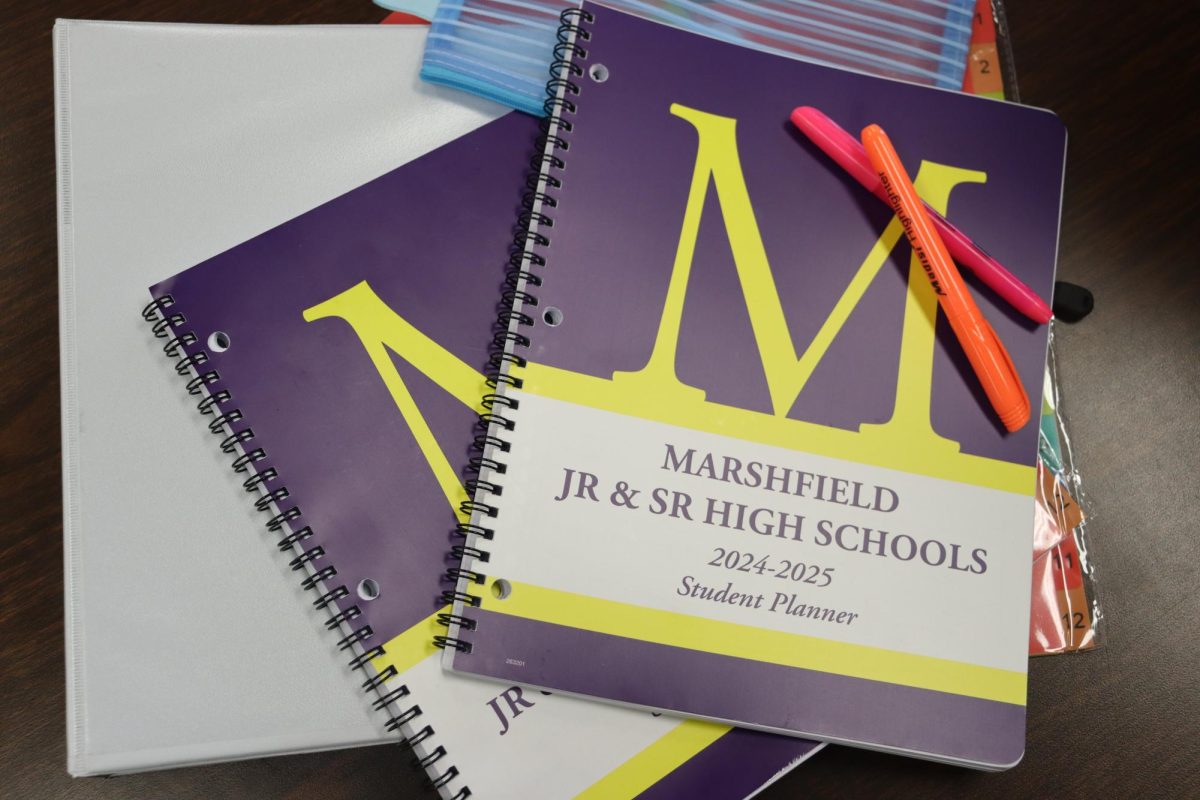Mind over music: How music can effect mental health
Music has been found to have a significant impact on mental health. Studies show that if you are engaging in musical activities such as playing an instrument or singing, it can provide a sense of accomplishment and social connection. This can further enhance mental well-being. Therefore, incorporating music into daily routines can be a beneficial tool for maintaining good mental health.
According to studies, the impact of music on mental health depends on various factors, including the individuals’ mental state and the type of music they listen to. It is essential to choose music that promotes positive emotions and avoid negative music that can harm mental health. While most music can improve mood, memory, and cognitive function, violent or aggressive music can actually increase anger and hostility. It could also lead to desensitization to violence, and promote negative behavior.
“When I’m upset I listen to music and It calms me down,” said Marshfield High School sophomore Selene Sambell. “It also helps me focus because I have a hard time concentrating in a loud setting.”
Used the right way, music can even be employed as a form of therapy to alleviate symptoms of depression and anxiety. It can be used as a tool to get individuals to open up and heal. Music therapy has been used to help people with Alzheimer’s disease and other forms of dementia by stimulating memories and improving cognitive function.
Music can also be used as a tool for self-expression and emotional regulation. Writing and performing music can be a cathartic experience, allowing individuals to express their emotions and feelings safely and creatively. This can be particularly helpful for people who struggle with verbal communication or have difficulty expressing their emotions.
“Music helps me not be stressed, like when I’m listening to it something that would typically make me stressed doesn’t,” sophomore Satyr Staggs said.
In addition, listening to music can help individuals regulate their emotions and improve their mood. The lyrics and melody of a song can resonate with an individual’s experiences and feelings, providing a sense of comfort and validation. It can also help improve social connections and reduce feelings of loneliness and isolation. It can even be used as a way to pep up one’s mood and provide motivation.
“I listen to music when I do things I don’t want to do, like doing the dishes,” said MHS teacher Amanda Johnson. “It helps me be motivated.”
Music and culture are interwoven, as music can serve as a common language that brings people together, providing a shared experience that can promote empathy and understanding. This can range from dancing, singing, festivals, and playing instruments.
“In my culture in Mexico, it does play a big part because there are a lot of street musicians,” said freshman band member Valentino Kazzee. “Music is integrated into that sort of culture and aspect.”
Even local Native American tribes use music as a way to come together. Sometimes it can serve as the background of an important cultural ritual.
“I say music plays a part in my culture with Yurok tribe singers and the brush dance with different songs throughout,” said student Azura Beckett.
Throughout MHS, students can be seen with earbuds in their ears throughout the day. Some are trying to tune out background noise, but many students are using the background music to stay mentally grounded and focused on their studies.
“Music helps drown out background noise and helps me focus,” said freshman Alyssa Henry. “It depends what you’re listening to–different genres of music can make you feel a different way and can help you relate to your emotions. It helps me to be more productive.”
Your donation will support the student journalists of Marshfield High School. Your contribution will allow us to purchase equipment and cover our annual website hosting costs.

Junior Maitea Zatica is a Third year journalism reporter. This year, Maitea returns as a part of the website team and now runs the social media page (@themarshfieldtimes)....


























